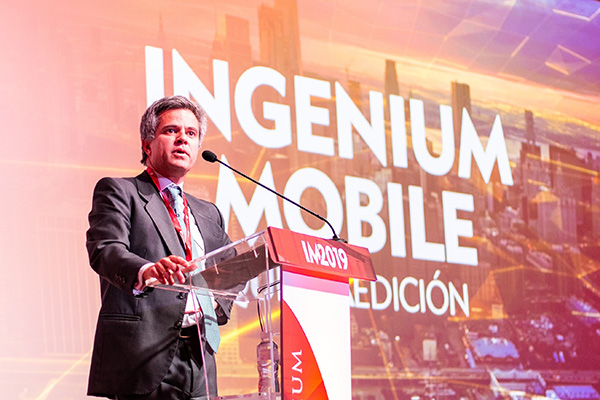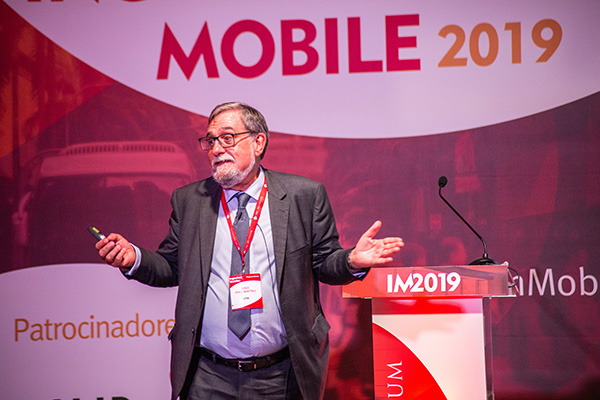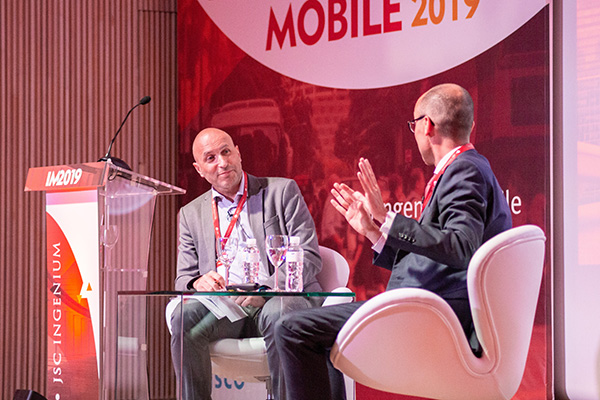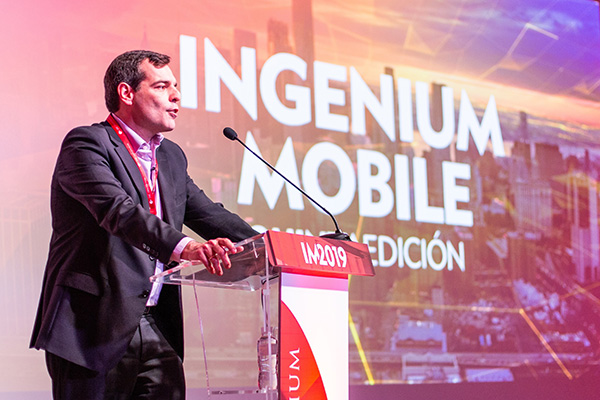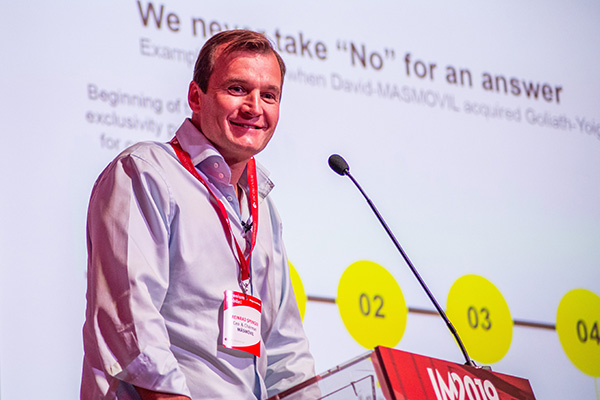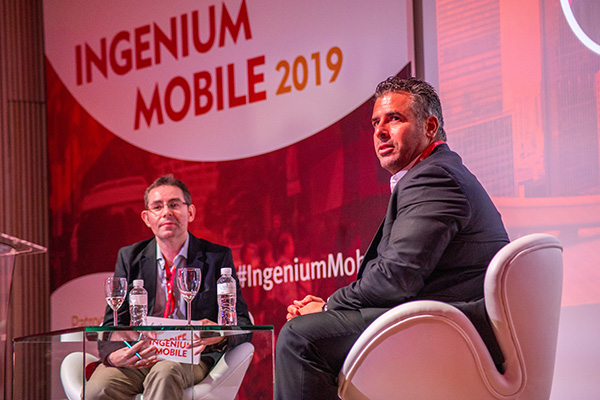Shall we call you?
Let us clear up your doubts:
Responsible entity: JSC Ingenium, S.L.U. Main purpose: To handle your queries and provide any information that you request from us. With the appropriate consents, to proceed to send commercial communications electronically. Rights: To access, rectify and delete data, portability of data, limitation or opposition to its processing, transparency and the right not to be subject to automated decisions. Additional information: You can find additional and detailed information about our privacy policy.
Head Office
Condesa de Venadito, 1
Madrid 28027 – Spain
Madrid 28027 – Spain

